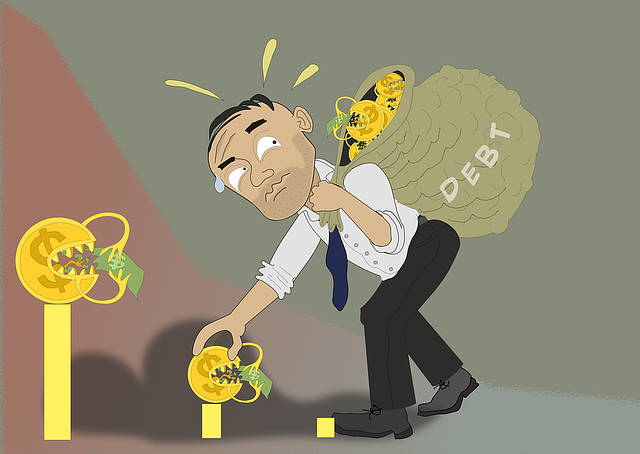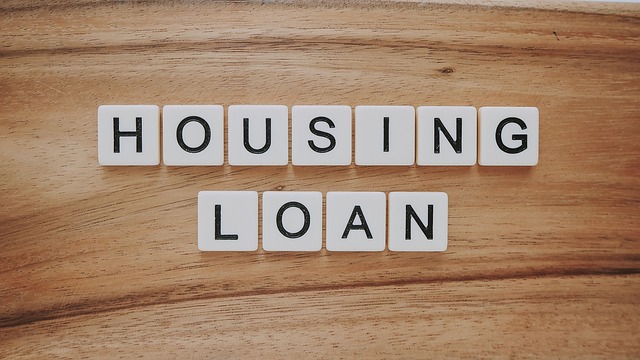Personal debt consolidation loans combine multiple debts into one with lower interest rates, simplifying payments and saving money. Recommended for high-interest credit card debts, these loans offer fixed rates and a single monthly payment. Credit card refinances provide variable rates and short-term relief but require discipline. Choosing between them depends on financial health, goals, and preferred repayment structure. Seek professional advice for tailored solutions.
Tired of juggling multiple credit card bills? Explore the options of personal debt consolidation loans or credit card refinances for a simpler solution. This comprehensive guide breaks down each approach, highlighting benefits and drawbacks, with a special focus on understanding interest rates and payment structures. Learn how to make an informed decision that best suits your financial needs and starts the path to debt freedom.
- Understanding Personal Debt Consolidation Loans
- Benefits and Drawbacks of Credit Card Refinances
- Comparing Interest Rates: Loans vs. Refinances
- Payment Structure: Monthly Costs Explained
- How to Choose Between Consolidation and Refinance
Understanding Personal Debt Consolidation Loans

Personal Debt Consolidation Loans offer a strategic approach to managing multiple debts by combining them into a single loan with a lower interest rate. This simplifies money management, as borrowers make just one monthly payment instead of several. By consolidating debt, individuals can reclaim control over their finances and potentially free up funds that were previously allocated for various repayments.
These loans are particularly appealing for those burdened by high-interest credit card debts or multiple lenders with varying repayment terms. Non-profit debt help organizations often recommend consolidation as a means to streamline financial obligations. With a consolidated loan, borrowers can focus on building a solid financial future, making it easier to avoid overspending and accrue additional debt.
Benefits and Drawbacks of Credit Card Refinances

Credit card refinances can offer several benefits when it comes to personal debt consolidation loans. One of the primary advantages is the potential for lower interest rates, which can significantly reduce the overall cost of repaying your debt. This is especially beneficial for those with high-interest credit cards, as refinancing allows them to shift their debt to a more affordable option. Additionally, credit card refinances often have more flexible repayment terms, providing borrowers with the chance to tailor their payments to fit their budget. This flexibility can help individuals manage their finances better and avoid the stress of multiple due dates.
However, there are also drawbacks to consider. Credit card refinances may require a good credit score to secure favorable rates, which can be challenging for those struggling with debt. Furthermore, some refinancing options might not offer the same level of long-term savings as traditional debt consolidation loans. It’s crucial to understand that while credit card refinances can provide relief in the short term, they should be part of a broader strategy to reduce the debt burden, especially for seniors looking to avoid foreclosure with loans. Effective management and eventual repayment of the consolidated debt are essential to prevent falling back into high-interest cycles.
Comparing Interest Rates: Loans vs. Refinances

When considering personal debt consolidation loans versus credit card refinances, one of the most critical factors to evaluate is interest rates. Interest rates play a significant role in determining the overall cost of borrowing and can make a substantial difference over time. Traditional loan consolidation often offers fixed interest rates, which means your monthly payments remain consistent throughout the loan term. This predictability can help create a structured budget, making it easier to manage your debt. On the other hand, credit card refinances usually come with variable interest rates, which fluctuate based on market conditions. While this may initially provide lower rates, it also introduces uncertainty and potential for higher costs in the future.
In terms of avoiding foreclosure with loans, government-assisted debt consolidation programs can offer attractive options for those struggling to manage multiple high-interest credit card debts. These programs often provide lower interest rates and extended repayment periods, making them a viable alternative to default or foreclosure. Bad credit loan consolidation is also an available option, though it may come with higher interest rates compared to traditional loans due to the increased risk for lenders. However, it’s a way to streamline multiple high-interest debts into one manageable payment, potentially saving money and simplifying financial management.
Payment Structure: Monthly Costs Explained

When considering personal debt consolidation loans or credit card refinances, understanding the payment structure is crucial for reclaiming control over your finances and transforming financial stress. With a debt consolidation loan, you typically make one monthly payment to a lender, who then distributes funds to pay off multiple debts. This streamlined approach can simplify your budgeting by consolidating various payments into a single, manageable cost. The interest rate on these loans may be fixed or variable, depending on the lender and your creditworthiness; a lower interest rate will save you money in the long run.
In contrast, credit card refinances often involve paying off high-interest credit cards with a new loan at a potentially lower interest rate. This can result in significant savings, especially if you have accumulated substantial debt on multiple cards. However, it’s essential to maintain discipline with credit card usage after refinancing, as any new purchases will incur the standard interest rates. Regular payments are still required, typically monthly, ensuring you stay on track and gradually eliminate your debt burden.
How to Choose Between Consolidation and Refinance

Choosing between personal debt consolidation loans and credit card refinances depends on your unique financial situation. Let’s start with understanding your options: debt consolidation UK bad credit offers can be a viable solution even with less-than-perfect credit, as lenders specialise in catering to diverse borrower needs. On the other hand, credit card refinance focuses on lowering interest rates and restructuring existing credit card debt, which might be more suitable if you want to maintain your credit cards for ongoing use.
When deciding, consider tax benefits of consolidation – sometimes, consolidating debts can offer tax advantages by simplifying your financial obligations. Don’t overlook the value of a free debt consultation either; speaking with a financial expert can provide insights tailored to your circumstances and help ensure you make an informed decision, whether it’s pursuing personal debt consolidation loans or opting for credit card refinance.
When deciding between personal debt consolidation loans and credit card refinances, understanding the unique benefits and drawbacks of each option is key. By comparing interest rates, payment structures, and considering your financial goals, you can make an informed choice that best suits your needs. Personal debt consolidation loans offer a structured repayment plan with potentially lower long-term interest rates, while credit card refinances provide flexibility and immediate relief from high-interest charges. Ultimately, the decision depends on your individual circumstances and preferences for managing your debt.
